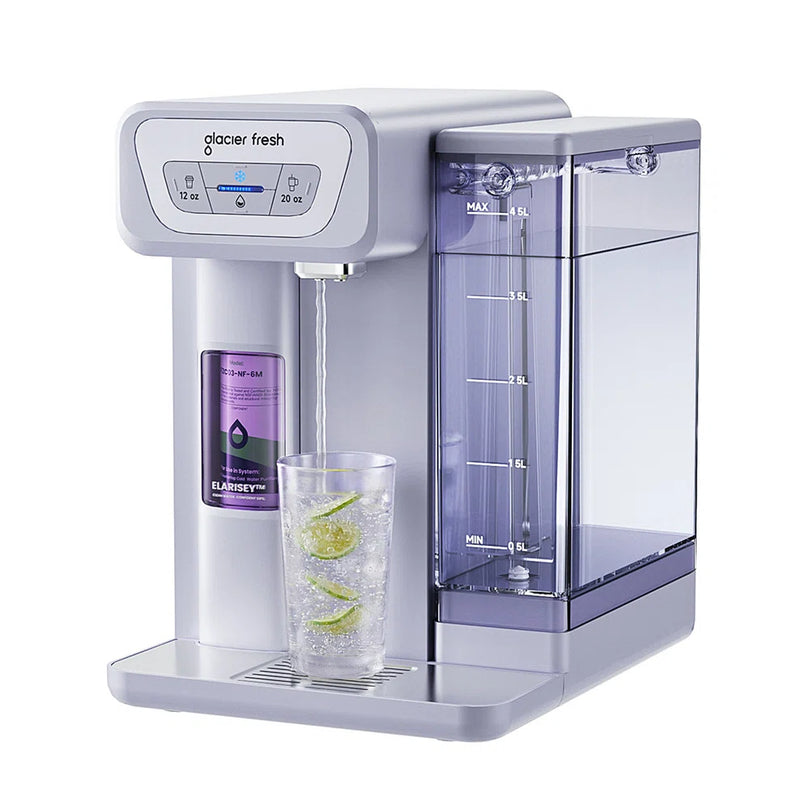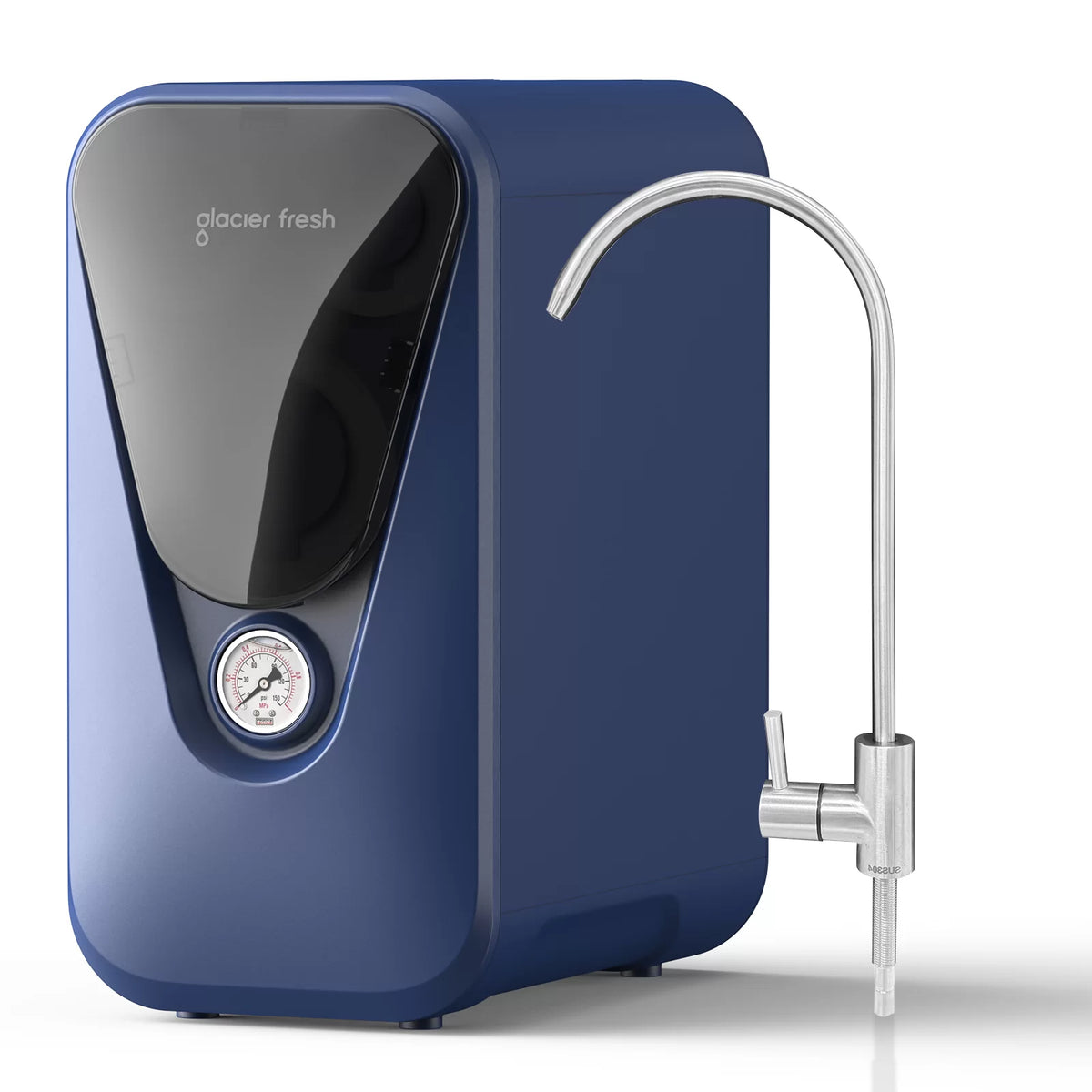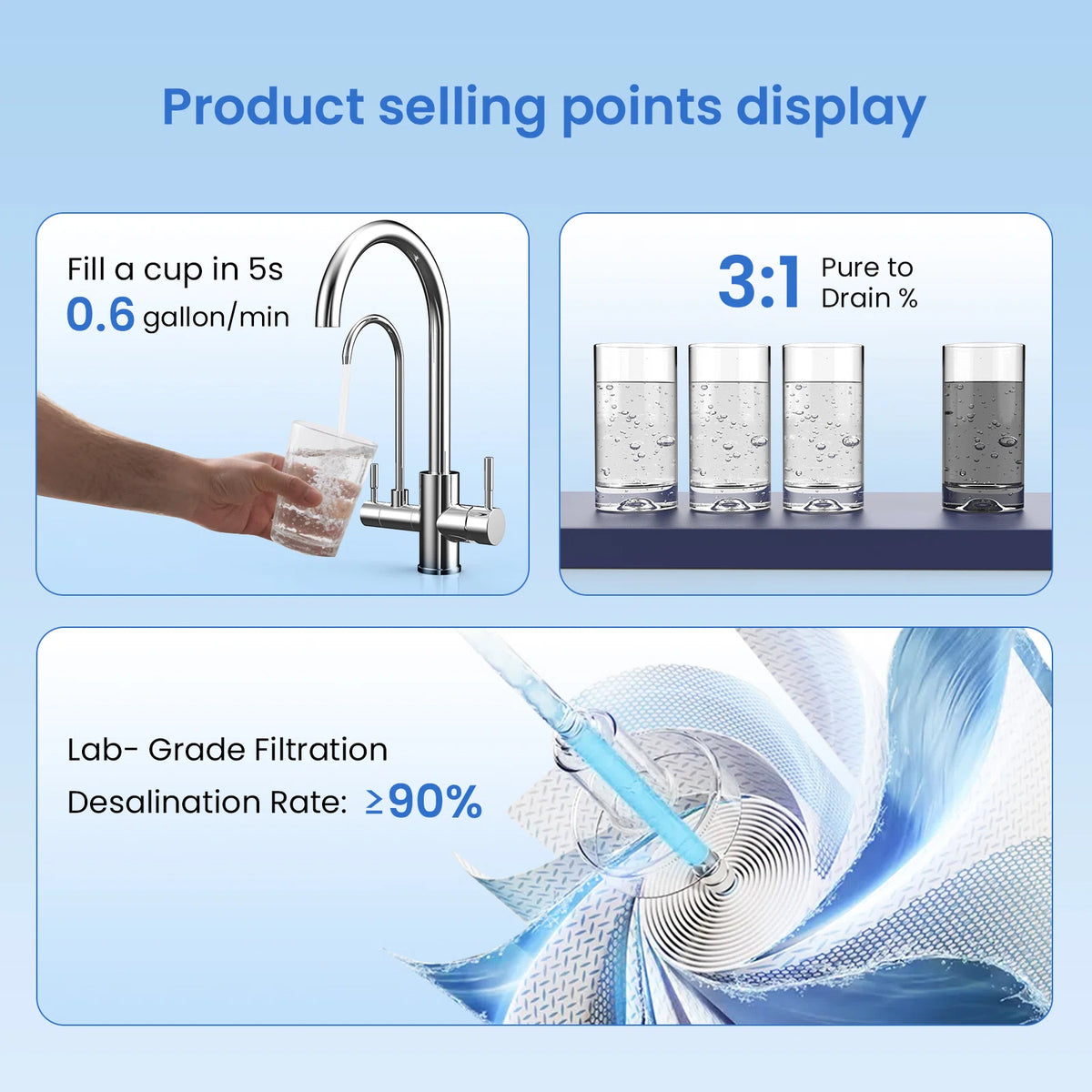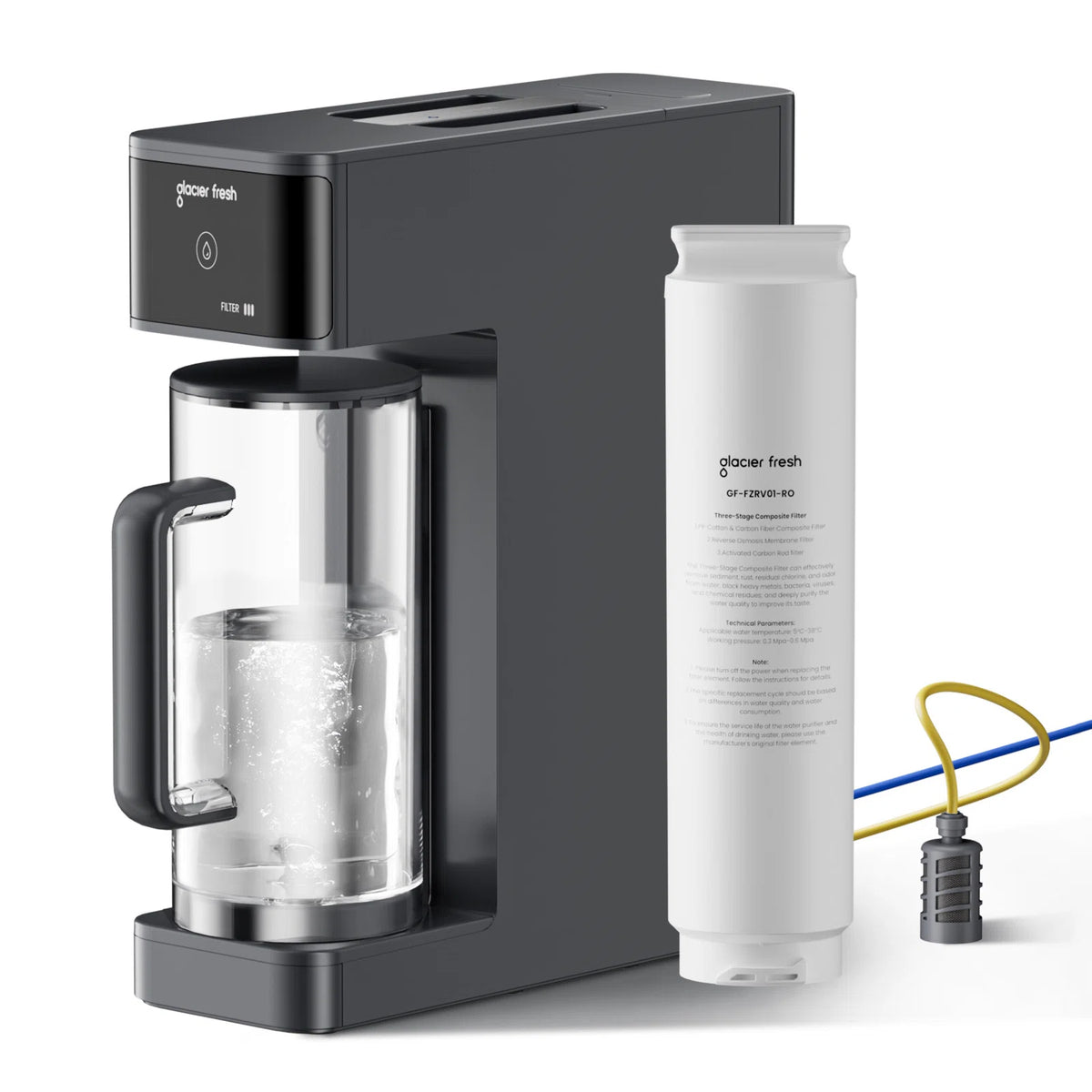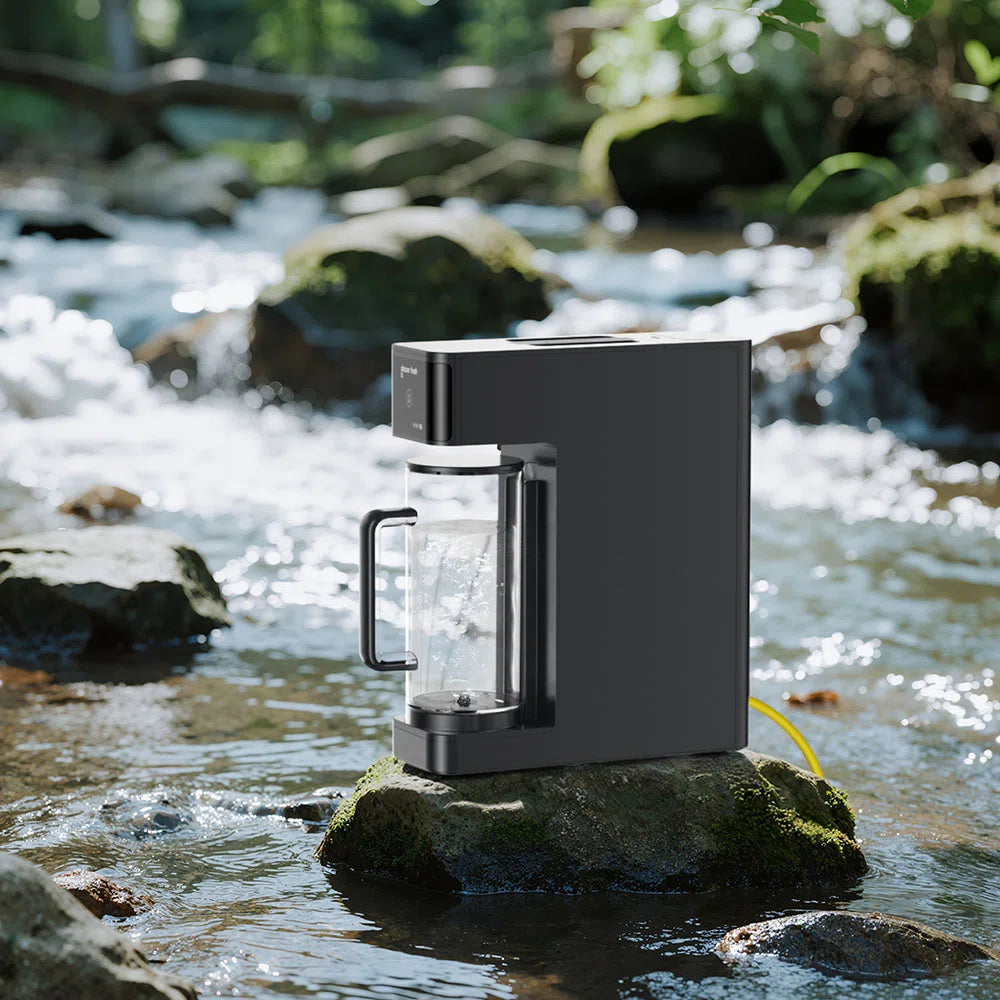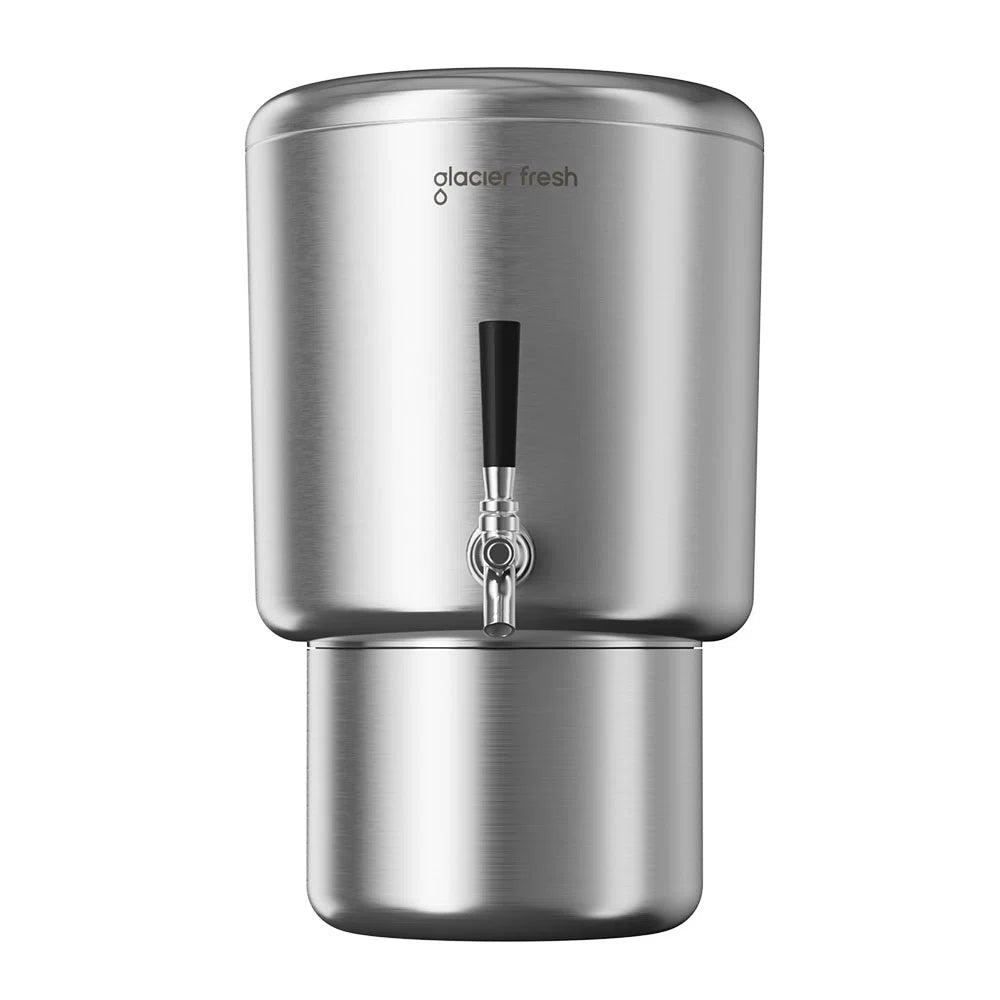Table of Contents:
Why do low-sodium diets matter?
Who needs a low-sodium diet?
The role of water in sodium balance
Filtered water vs. tap water: sodium levels explained
Benefits of filtered water for low-sodium diets
Practical tips for combining filtered water with a low-sodium diet
Myths and misconceptions about sodium, hydration, and filtration
FAQs
Conclusion
In recent years, low-sodium diets have gained significant attention due to their vital role in promoting heart health and managing various health conditions. Coupled with the benefits of drinking filtered water, this combination can improve hydration and overall well-being. In this blog, we’ll explore how filtered water complements a low-sodium diet, highlighting its importance for optimal health.
Why do low-sodium diets matter?

Reducing sodium intake is crucial for several reasons. High sodium consumption is linked to increased blood pressure, which can lead to serious health issues, including heart disease and stroke. By adopting a low-sodium diet, individuals can experience significant health benefits:
- Managing hypertension: Lower sodium intake helps reduce blood pressure, lessening the risk of heart-related conditions.
- Supporting kidney health: A low-sodium diet minimizes kidney strain, which is particularly important for individuals with chronic kidney disease (CKD).
- Preventing water retention: Individuals can avoid edema by reducing sodium, which is characterized by swelling due to excess fluid.
Who needs a low-sodium diet?
Certain groups may benefit more from low-sodium diets, including those with cardiovascular conditions, individuals suffering from CKD, and even athletes who need to manage fluid balance and weight effectively.
The role of water in sodium balance

Water plays a pivotal role in regulating sodium levels in the body. Proper hydration helps flush out excess sodium, maintaining a healthy balance. When we’re well-hydrated, our kidneys can efficiently eliminate sodium through urine, preventing the harmful effects of high sodium levels.
Conversely, dehydration can lead to sodium retention as the body tries to conserve water. This can result in increased blood pressure and potential health issues. Therefore, drinking adequate filtered water is essential for managing sodium levels effectively.
Filtered water vs. tap water: sodium levels explained
While municipal tap water is generally safe to drink, it can contain varying sodium levels, depending on the source. Some regions may have higher sodium levels in their water due to natural minerals or treatment processes. Individuals on low-sodium diets should be aware of these levels.
Filtered water provides an effective solution. Filtration systems, incredibly reverse osmosis system, can significantly reduce sodium and other contaminants in drinking water. By removing impurities, filtered water ensures that your hydration source aligns with your dietary goals.
Benefits of filtered water for low-sodium diets
Lower sodium intake from water sources
One of the primary benefits of drinking filtered water is the assurance of minimal sodium content. This is particularly important for those looking to lower their overall sodium intake. By incorporating filtered water into daily hydration, especially when cooking, individuals can reduce hidden sodium consumption.
Enhanced taste and versatility for cooking
Filtered water provides health benefits and improves the taste of food. When preparing low-sodium meals, using filtered water enhances flavors, allowing you to rely more on herbs and spices instead of salt. This helps maintain taste while adhering to dietary restrictions.
Practical tips for combining filtered water with a low-sodium diet
Using filtered water for cooking and baking
Using filtered water to boil vegetables, grains, and pasta can significantly reduce the sodium content of your meals. Additionally, when making broths or soups, filtered water ensures you aren’t unintentionally adding sodium to your cooking water.
Staying hydrated without electrolyte drinks
Choosing filtered water over sports drinks is essential for those concerned about hydration, as they often contain added sodium. Instead, infuse your filtered water with fruits like lemon, berries, or cucumber for a refreshing and flavorful alternative.
Monitoring sodium levels in bottled water
When choosing bottled water, it’s important to read labels carefully. Some bottled waters contain added sodium for flavor, which can undermine your low-sodium diet. Opt for brands that clearly state they have no added sodium.
Myths and misconceptions about sodium, hydration, and filtration
Myth: All tap water is low in sodium
While many municipalities provide safe tap water, sodium levels vary significantly based on geographical location and water sources. It’s important to test your water or consult local water quality reports.
Myth: You need sodium-rich water for hydration
Contrary to popular belief, most people do not require added sodium in their drinking water for proper hydration. The body can regulate sodium levels through dietary sources and adequate water intake.
Myth: Filtration systems remove essential minerals
While some filtration systems remove certain minerals, many offer options to retain essential minerals that promote health. It’s crucial to choose the right filtration system for your specific needs.
FAQs
Is filtered water necessary if my tap water has minimal sodium?
While tap water may have low sodium, filtering can improve its quality by removing other contaminants.
Can I use a pitcher filter to remove sodium from water?
Most pitcher filters improve taste and remove some contaminants, but a reverse osmosis system is considered for significant sodium reduction.
Conclusion
Filtered water and a low-sodium diet are perfect for anyone looking to enhance their health and well-being. Individuals can effectively manage their dietary goals by reducing hidden sodium intake and ensuring optimal hydration. Investing in a quality water filtration system is a practical step towards a healthier lifestyle.
Filtered water and a low-sodium diet create a foundation for improved health. They ensure you stay hydrated while enjoying flavorful meals. Embrace this pairing for long-term wellness! Follow Glacier Fresh, find more healthy hydration lifestyle.







